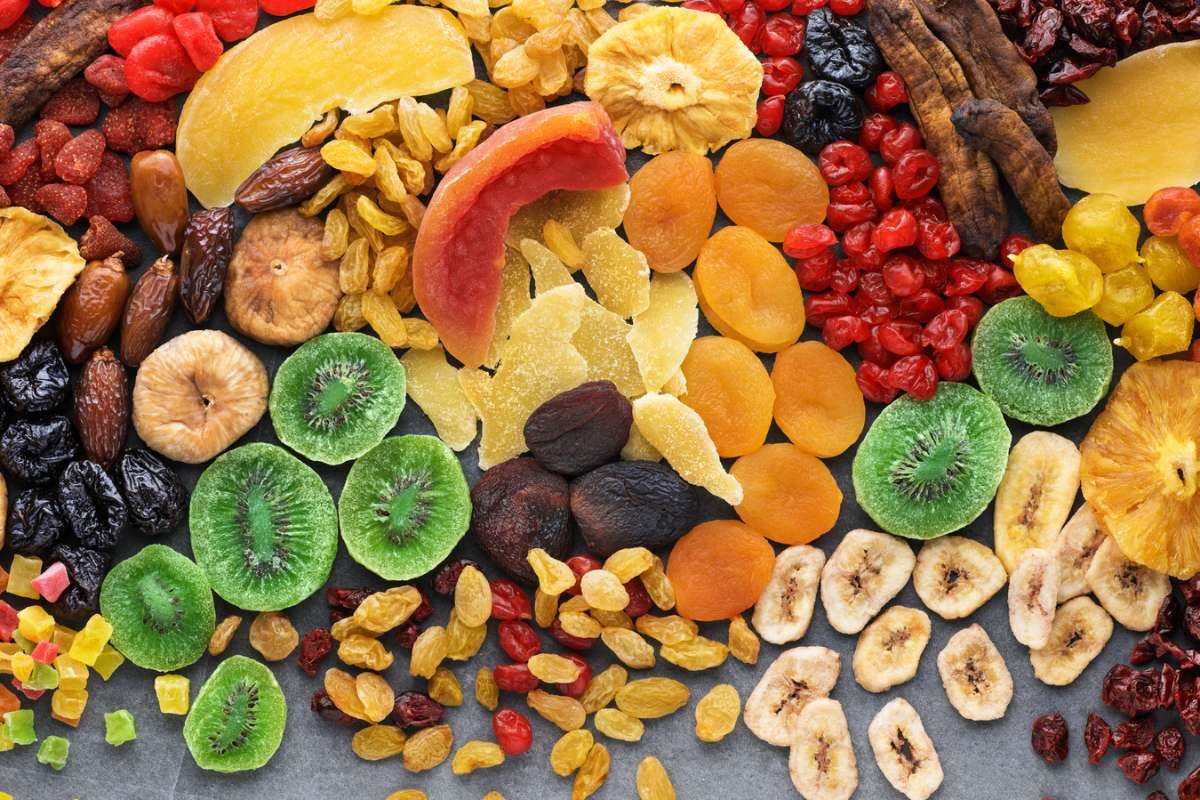A new study from the Dana-Farber Cancer Institute reveals that colon cancer patients adhering to an anti-inflammatory diet may significantly improve their chances of long-term survival. The research, which analyzed data from a phase 3 clinical trial, found that patients consuming a diet rich in anti-inflammatory foods lived longer post-treatment than those with a diet high in proinflammatory components. These findings will be presented by researcher Char at the 2025 American Society of Clinical Oncology (ASCO) Annual Meeting in Chicago on June 1.
The study’s co-senior authors, Dr. Kimmie Ng and Dr. Chen Yuan, emphasized the importance of this evidence in advancing personalized dietary guidelines for colon cancer patients. In the U.S. alone, around 150,000 new colorectal cancer cases are diagnosed each year, with stage III colon cancer accounting for a significant proportion. Despite treatment, up to 35% of these patients experience cancer recurrence. “This study provides additional evidence that diet may be important for improving outcomes and survival in patients with stage III colon cancer,” said Dr. Ng.
Analyzing Diet and Lifestyle in a Large Clinical Trial
The findings stem from the CALGB/SWOG 80702 (Alliance) trial, launched in 2010 to explore ways to reduce cancer recurrence in stage III colon cancer patients. All patients underwent surgery and chemotherapy, with some also receiving celecoxib, an anti-inflammatory diet medication. Of the 2,526 enrolled participants, 1,625 were included in this dietary analysis after completing comprehensive food and physical activity questionnaires.
Using a validated scoring system called the empirical dietary inflammatory pattern (EDIP), researchers evaluated each participant’s diet based on its inflammatory potential. Diets high in red and processed meats, sugary drinks, and refined grains were considered proinflammatory, while those rich in leafy greens, vegetables, tea, and coffee were categorized as anti-inflammatory diet . The results were telling: patients whose diets ranked in the top 20% for inflammation had an 87% higher risk of death compared to those whose diets were least inflammatory.
Physical Activity and Future Research Directions
The study also evaluated physical activity levels, finding that combining a low-inflammatory diet with regular exercise significantly boosted survival. Patients who both ate anti-inflammatory diet foods and engaged in moderate activity, such as walking at a 2-3 mph pace three or more times weekly, experienced a 63% lower risk of death compared to their least active, poorly nourished peers.
Interestingly, the use of celecoxib did not significantly impact the observed link between diet and survival, reinforcing the unique role of nutrition and lifestyle. The Dana-Farber team plans to extend their research to better understand the biological pathways connecting diet, inflammation, and cancer outcomes, especially among younger patients and those with metastatic disease.
These findings underscore the growing recognition of lifestyle and dietary factors as integral components of cancer care, potentially empowering patients with practical strategies to improve their prognosis beyond traditional treatments.









